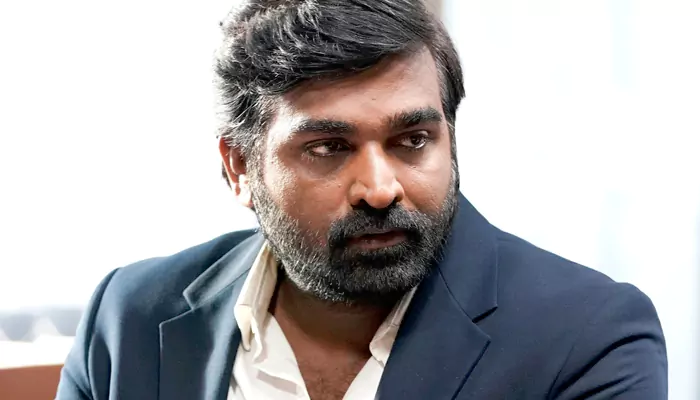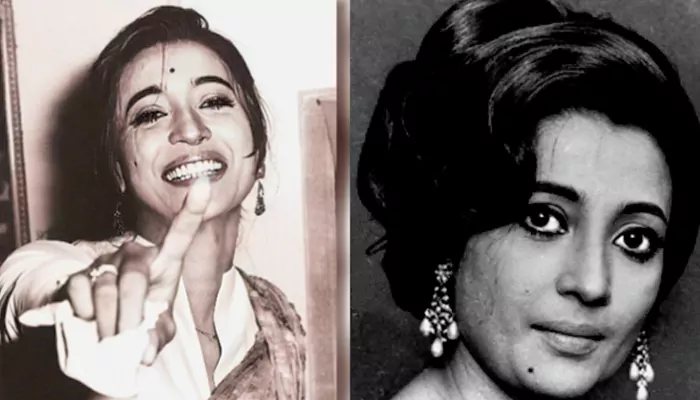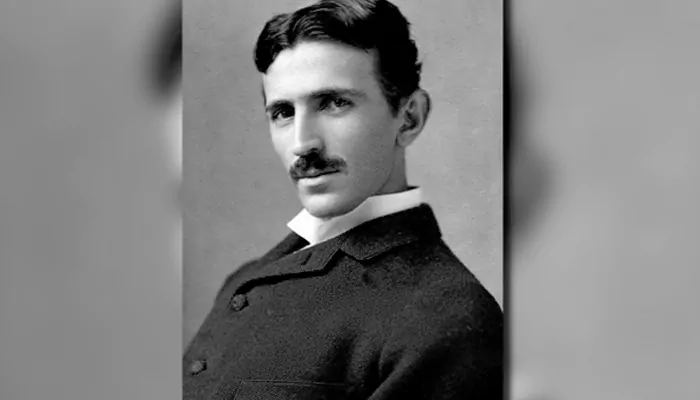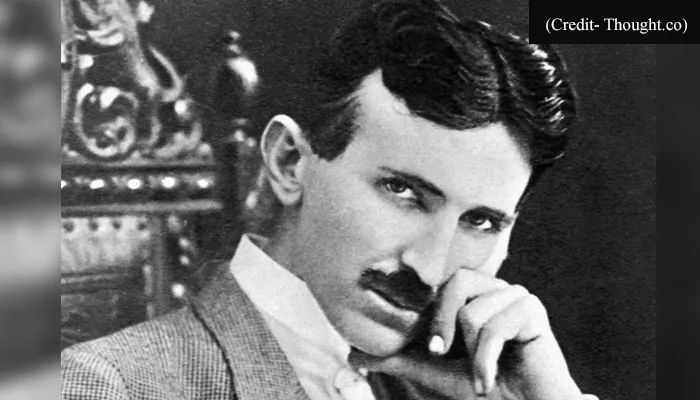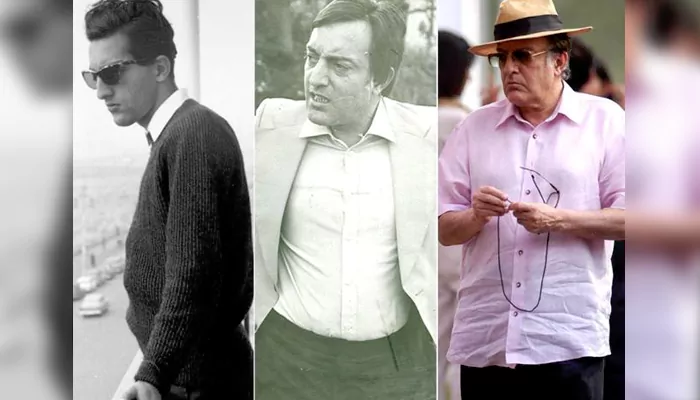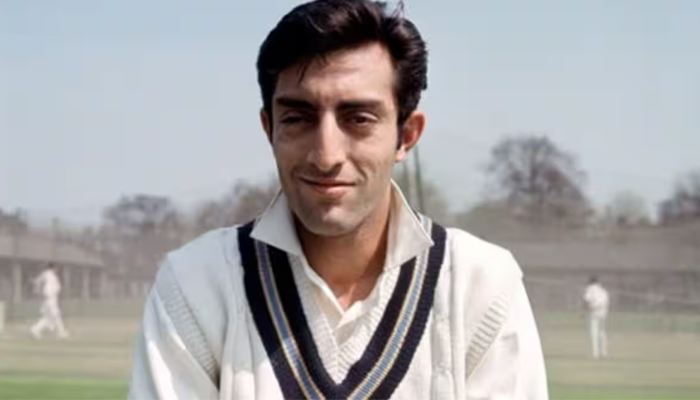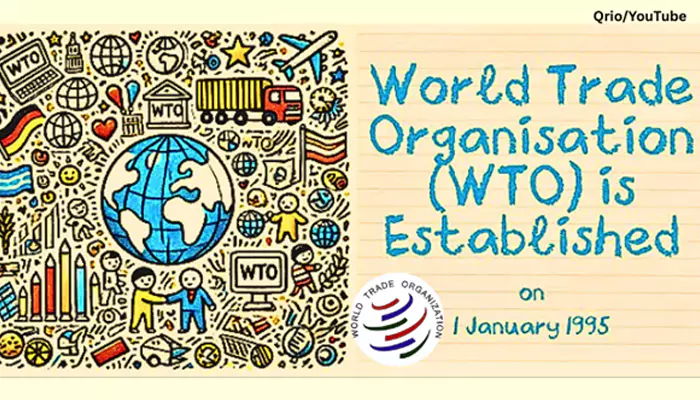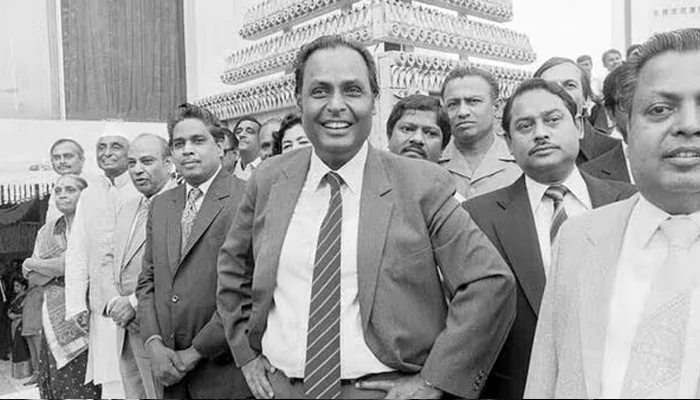On This Day (May 27) - Jawaharlal Nehru's Death Anniversary: His Books That You Should Read At Least Once
- Admin
- 1 year ago
- 3 minutes read
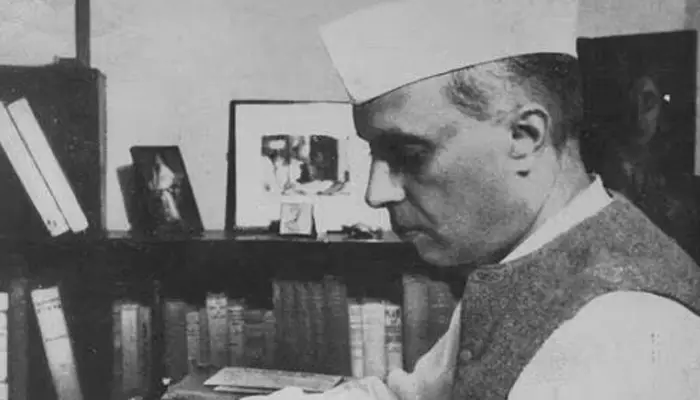
Jawaharlal Nehru is widely regarded as the greatest figure of modern India after Mahatma Gandhi.
"Nehru gave Indians an image of themselves that I don't think others might have succeeded in doing." – Sir Isaiah Berlin
Jawaharlal Nehru is hailed as the "architect of modern India". And as the renowned historian and author Ramachandra Guha wrote in his article, "... it is indisputable that Jawaharlal Nehru had a colossal impact on independent India." Precisely, as India's first prime minister, he shaped the nation's socio-political scene, making it one of the most powerful in the world. Under his leadership, India flourished enormously in the fields of science & technology, education, and economy among others.
"Socialism is… not only a way of life, but a certain scientific approach to social and economic problems." - Jawaharlal Nehru
One of the most influential figures in India's history, Nehru breathed his last on May 27, 1964. However, the legacy he left behind is still there untouched and continues to inspire us even today. And he wrote several books that not only reflect his unparalleled wisdom but also help change our perspectives about life.

To mark Nehru's death anniversary, let's have a look at some of his best books that everyone should read at least once.
An Autobiography
'An Autobiography' is not a chronological account of Nehru's life. Rather, the book offers a glimpse into his thoughts and philosophies, and also takes us through the important chapters of India's freedom struggle.

Nehru wrote this book when he was in prison between June 1934 and February 1935, and before he became the first Prime Minister of India. Here, he wrote everything from his childhood to his growing up days to his political career. He mentioned, "... my object was...primarily for my own benefit, to trace my own mental growth."
There are 68 chapters in the book over 672 pages.
The Discovery of India
If you want to learn about India's journey from its ancient ages to the British colonial rule, read 'The Discovery of India'. The book is a brilliant exploration of the country's rich cultural and historical evolution, providing you with a comprehensive understanding of India. And there are Nehru's personal reflections as well which add more depth to the book.

Nehru wrote this book during his incarceration in 1942–1945 at Ahmednagar Fort (in present-day Maharashtra. He used his knowledge of the Vedas, Upanishads, and textbooks on ancient history here.
Letters from a Father to His Daughter
'Letters from a Father to His Daughter' is a collection of 30 letters that Nehru wrote to his daughter (Indira Nehru) in the summer of 1928 when Indira was 10 years old. The letters are educational in nature, intending to introduce Indira to a variety of subjects. From the origin of the Earth to the human civilization to the history of India and more - he covered a wide array of topics.

These letters are deeply personal, offering a glimpse into Nehru's emotional depth. And it encourages readers to think rationally and question all the wrongs happening all around.
Jawaharlal Nehru was a visionary, and his books are just an example of that!


